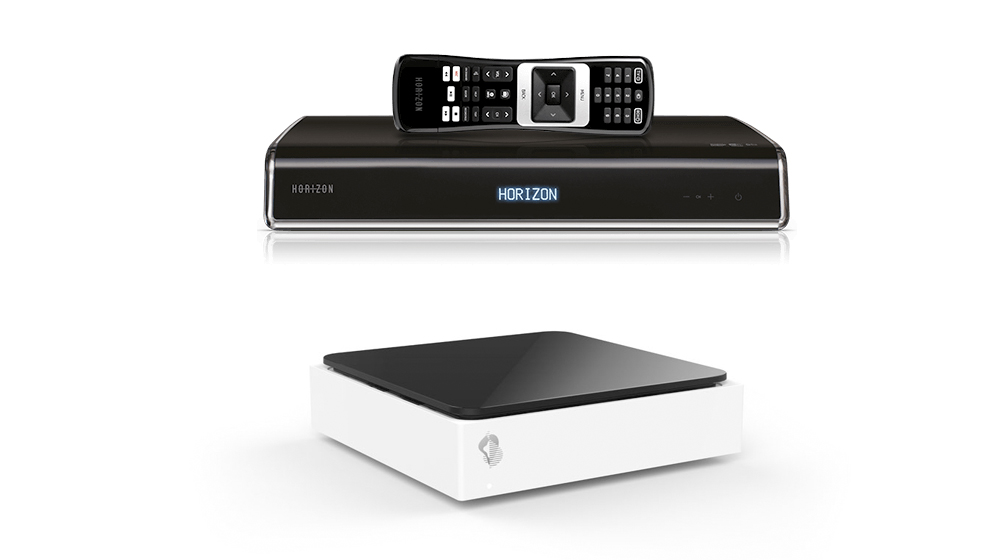No-Billag initiators present their own Plan B
From the point of view of the No Billag initiators, SRG can survive without fee money. On Thursday, they presented their "Plan B". Consumers should pay for SRF stations via cable network operators - if they want to subscribe to them.

A "Plan B" for SRG had already been presented by the trade association, which supports the initiative. In addition to advertising, it relies on state subsidies for individual broadcasts. Consumers should also be able to buy subscriptions, for example for sports, feature films or the "Tagesschau".
The initiators are now proposing a different approach: The SRG channels should become part of the basic services of Swisscom, Sunrise, UPC and other cable network operators. Customers would have the option of opting out of SRG's channels.
Between 168 and 216 francs
The concept includes several variants. According to the first, the SRG package would cost 168 francs a year. It would include SRF1, RTS1 and RSI1. In the second variant, advertising would be reduced by around half at the same time. This would make the SRG package cost 216 francs a year.
The third variant envisages that one station per language region would continue to be freely accessible. To finance the station, more advertising would be shown. This variant seems rather unrealistic in view of the developments in the TV advertising market, but should nevertheless be examined, the initiators write.
Radio advertising
Finally, the fourth variant represents a hybrid of the first and third. In German-speaking Switzerland, the entire SRG offering would cost 168 francs per year, and 96 francs in the other two language regions without SRF2.
For radio, the initiators are relying on advertising, while online is to be financed by advertising and paywalls for certain services. The online sector is a growth market, according to the concept.
Funds from the federal government and cantons
In addition, there would be public money for the SRG - although the text of the initiative states: "The Confederation does not subsidize radio and television stations. The initiators propose that the federal government and the canton contribute between 50 and 300 million francs.
This should make revenues totaling 550 million francs or more possible, the initiators write. That would be 45 to 65 percent less than SRG earns today, but still a lot. SRG would no longer be the largest media player in Switzerland, but still by far the largest provider of audiovisual media.
Enough time for implementation
The document states that it is clear that SRG will have to make massive savings compared to today and restructure its programming. This is by no means an easy task for the management.
However, the SRG would have enough time for implementation, because the legal obligation to pay fees would remain valid until the entry into force of an implementing law, despite the constitutional amendment. On this point, the initiators refer to the comments of a former Federal Court correspondent.
"Outstanding journalists"
These proposals do not guarantee the long-term survival of SRG, the initiators concede. But SRG could survive. It has good prerequisites for this. It is the largest media company in Switzerland and has a large reservoir of "well-known and outstanding journalists" that is second to none.
Adoption of the No Billag initiative would pose an "essential" threat to SRG, the initiators concede. However, the statement by SRG's top management that the only thing left to do if the initiative is accepted is an orderly liquidation is "grossly exaggerated.
Three quarters via reception fees
The initiative to abolish radio and television license fees will be put to the vote on March 4. The petition for a referendum was launched by Young Freisinnists and members of the Young SVP.
Today, three-quarters of SRG's services are financed by reception fees. Last year, the fees brought in a total of around CHF 1.37 billion. CHF 1.24 billion went to SRG.
The reception fee is currently CHF 451. With the switch to a device-independent fee, it will fall to 365 francs per year for households from 2019. Companies will pay a graduated fee based on revenue, which will be due from a revenue of CHF 500,000. (SDA)








